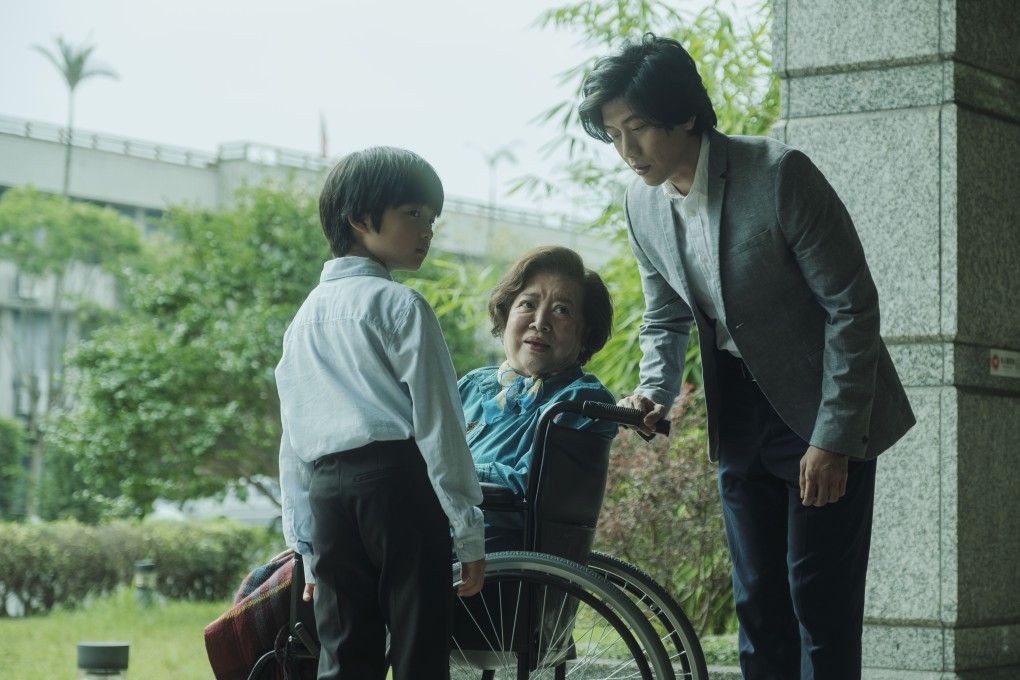Review | Dear Tenant movie review: a gay man suffers in Taiwanese family drama
- For five years, Lin has taken care of the son and mother of his late partner, but her death sees him feel the weight of familial and societal prejudice
- The Taiwan-set story is engaging, but told through flashbacks when it would have made compelling courtroom drama, and undermined by its nagging implausibility

3/5 stars
Same-sex marriage was legalised in Taiwan in 2019, but the law still prohibits these couples adopting children, unless one of the parents is genetically related to the child. Cheng Yu-chieh’s drama Dear Tenant largely ignores these legal details in its story of a gay man fighting against the prejudices of his dead partner’s family and society in general.
For the past five years, Lin (Mo Tzu-yi) has taken care of the nine-year-old son Yo-yu (Bai Run-yin) and ailing mother, Mrs Chou (Chen Shu-fang), of his deceased boyfriend, Li-wei (Yao Chun-yao). Living in their Kaohsiung apartment, Lin cooks, takes Yo-yu to school, and attends to Mrs Chou’s treatment and medication.
But when she dies unexpectedly, her other son (Jay Shih) returns home to discover that she has left the apartment to Yo-yu, whom Lin has legally adopted. Overcome with jealousy and suspicion, he accuses Lin of murdering his mother, leading to a fierce battle for Lin’s freedom.